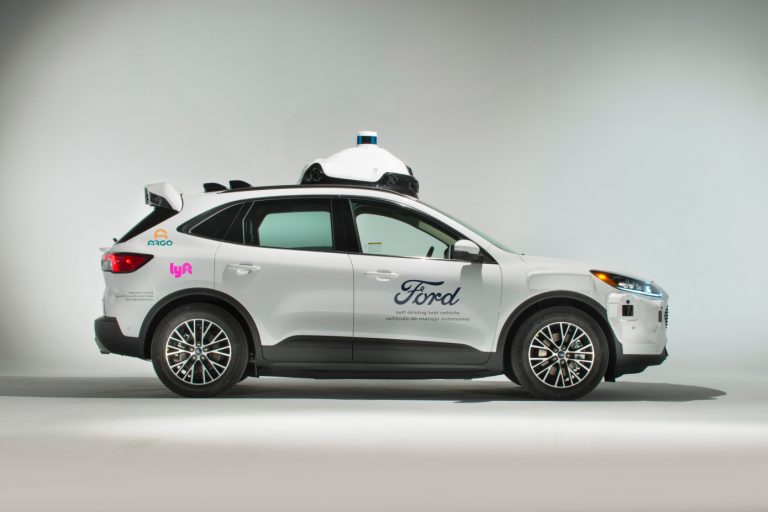
Ford Motor Company has announced a major investment of R5.2 billion equivalent to $281.6M in today’s mid-market rates on its Silverton production plant in South Africa. This is part of the company’s strategy to expand its global manufacturing footprint and increase its market share in the region.
The investment will enable the plant to produce the new Ranger pickup truck, which is expected to launch in 2024, as well as other models for the local and export markets. The plant will also become more environmentally friendly, with a solar power system and a water recycling facility.
The investment will create 1,200 new jobs at the plant, as well as support thousands of indirect jobs in the supply chain and related industries. Ford Motor Company has been operating in South Africa since 1923 and has a long history of contributing to the country’s economic development and social welfare. The company is committed to providing high-quality products and services to its customers, as well as supporting the communities where it operates.
Register for Tekedia Mini-MBA edition 19 (Feb 9 – May 2, 2026): big discounts for early bird.
Tekedia AI in Business Masterclass opens registrations.
Join Tekedia Capital Syndicate and co-invest in great global startups.
Register for Tekedia AI Lab: From Technical Design to Deployment (next edition begins Jan 24 2026).
Some of the ways that Ford supports local communities are:
Providing education and training opportunities for its employees and their families, as well as for young people who aspire to join the automotive industry. Supporting local entrepreneurs and small businesses through its supplier development program, which helps them access finance, technology, and markets.
Investing in community development projects that address social issues such as health, education, safety, and environmental sustainability. Partnering with local NGOs and government agencies to implement initiatives that benefit the society at large.
The Silverton production plant is one of Ford Motor Company’s most advanced and efficient facilities in the world. It has a capacity of 200,000 vehicles per year and employs over 4,000 people. The plant produces vehicles for both the domestic and export markets, including Europe, the Middle East, and Africa. The plant is also home to Ford’s first-ever Ranger Raptor, a high-performance off-road vehicle that has been well received by customers and critics alike.
The new investment will further enhance the plant’s capabilities and competitiveness, as well as support Ford Motor Company’s vision of becoming a leader in smart mobility solutions. The company aims to deliver innovative products and services that meet the changing needs and preferences of its customers, while also reducing its environmental impact and improving its social responsibility.
The investment will also strengthen Ford Motor Company’s partnership with the South African government and other stakeholders, who have been supportive of the company’s growth and development in the country.
The partnership aims to expand Ford’s production capacity in South Africa, where it currently operates two plants that produce the Ranger pickup truck and the Everest SUV for domestic and export markets. The investment will also enable Ford to introduce new models, such as the Ranger Raptor and the Transit van, and to increase its local content and supplier base.
The partnership is not only beneficial for Ford and South Africa, but also for the broader region and the continent. South Africa is part of the African Continental Free Trade Area (AfCFTA), which covers 54 countries and 1.3 billion people. By investing in South Africa, Ford is positioning itself to take advantage of the growing demand for vehicles and mobility solutions in Africa, as well as to contribute to the integration and development of the African market.
The partnership also reflects Ford’s commitment to sustainability and social responsibility. Ford has pledged to achieve carbon neutrality by 2050 and to support the transition to electric vehicles. The investment in South Africa will help Ford to improve its energy efficiency, reduce its emissions, and increase its use of renewable energy sources. Moreover, Ford will work with the south African government and other stakeholders to support education, skills development, health care, and community empowerment initiatives.



